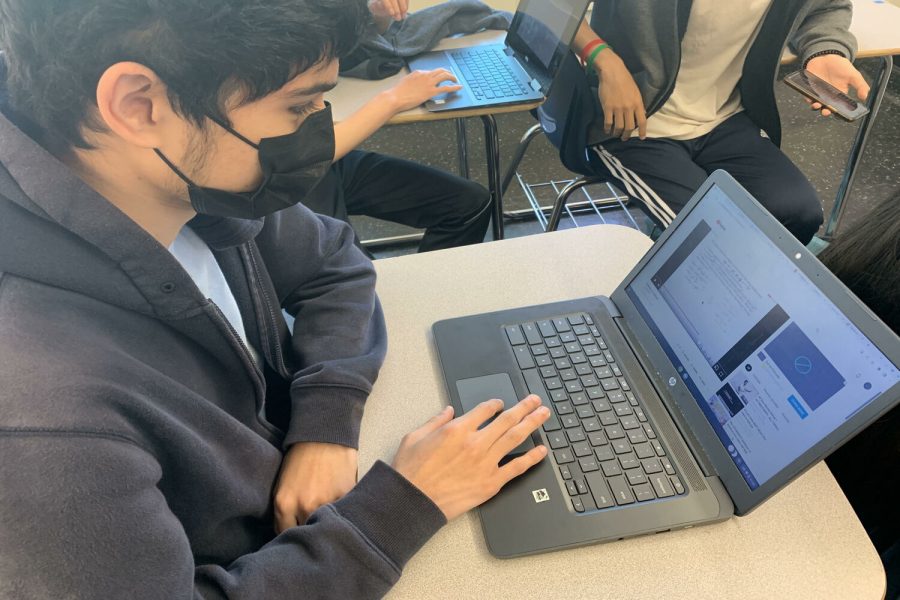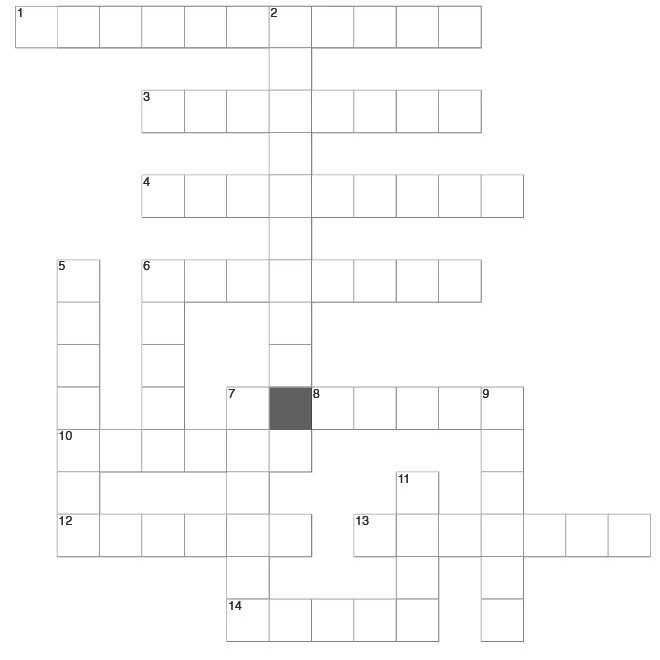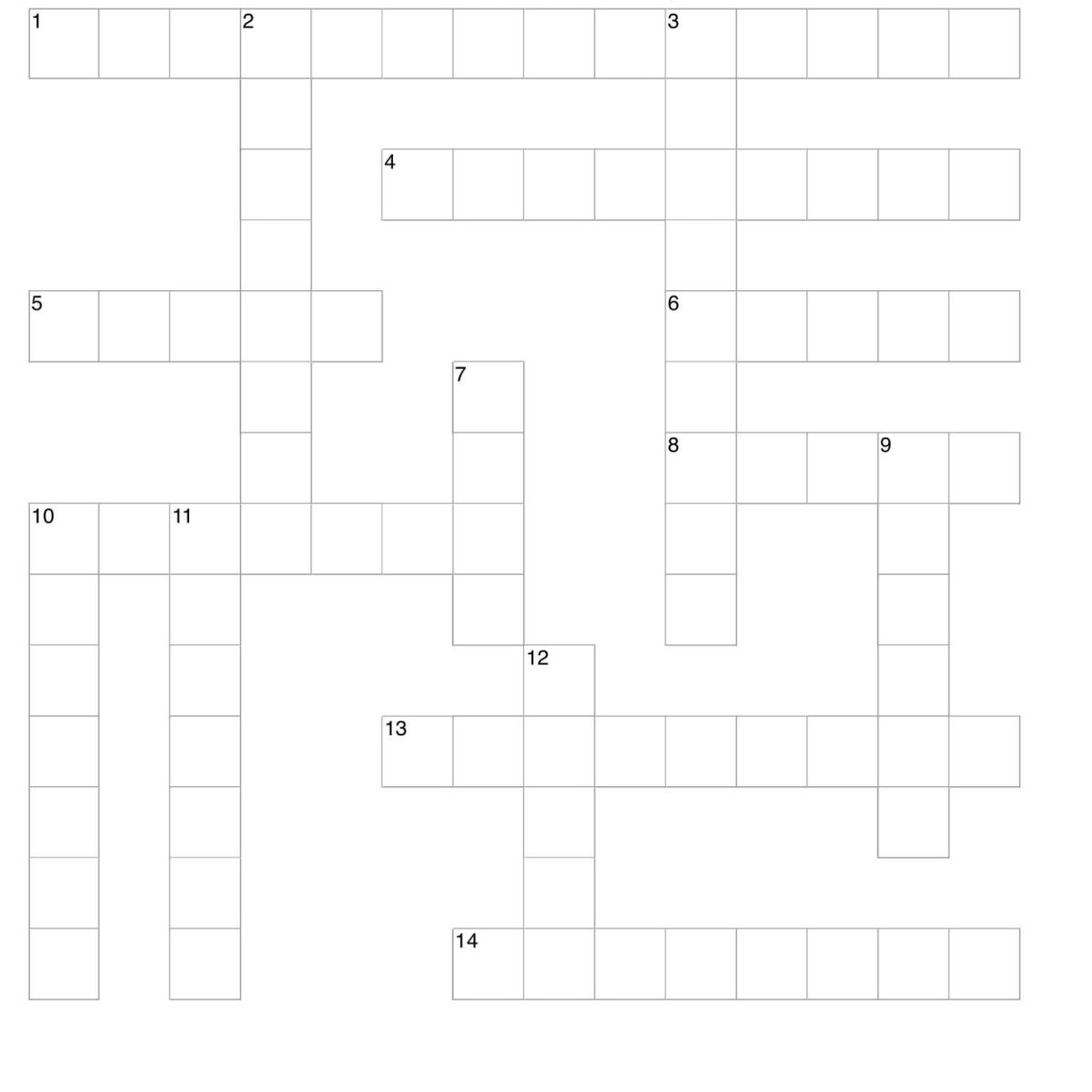With the influx of AP testing and finals, students are experiencing heightened anxiety levels as they strive to maintain good grades. While it is important to remind yourself not to stress, the importance of studying should also be kept in mind. There are numerous methods on how to study for tests, but it might be difficult to find an efficient one. Here are some useful tips to use in preparing for your next test!
1. Try to find the best study method for you
Remember, everyone learns differently, and each learns better with different methods. Don’t be afraid to try other methods before finding the one that works for you. Good luck!
2. Create a study schedule
With so many different assignments, students can hardly keep up with each one. Create a list for each day of the week, and jot down what things you need to do each day. If you want to go more in-depth, set a time limit for each assignment and complete it during its scheduled time. This way, you can go through your day knowing what to do while also managing your time more efficiently. Here are some schedules with 60-minute and 30-minute intervals. Don’t forget to give yourself some breaks!
3. Use your teacher’s resources
If your teacher has any study guides or resources, use them. They teach hundreds of students each year, so they can definitely help you understand your material better.
4. Make a list of topics:
With so many things to remember for each test, try to break it down into more manageable chunks. If you make a list of the topics that will be on the test, you can prepare for it with a clearer mindset and know what to study next. Remember to review the subjects that will definitely be on the test, then move on to the less important details.
5. Review previous assignments
Reviewing your past assignments can help you spot your weaknesses. This helps you pick out things you NEED to focus on and worry less about the topics that you know better.
6. Don’t memorize the material
By memorizing the facts and details of the subject, you’re unable to understand the whole subject. Try to understand the whole concept first because that can lead you to learn more minor details. Plus, if you try to memorize, you’ll forget everything in a few days, while understanding the big picture can last you a lot longer.
7. Remember to test yourself
While most studying involves re-learning information from the past, also remember to test yourself. Use practice tests, flashcards, and more to know what you are capable of, and don’t just reread over and over again. Concentrate on pushing the information out of your brain, not cramming it in.
8. Try to find the best study method for you!
Remember, everyone learns differently, and each learns better with different methods. Don’t be afraid to try other methods before finding the one that works for you. Good luck!












